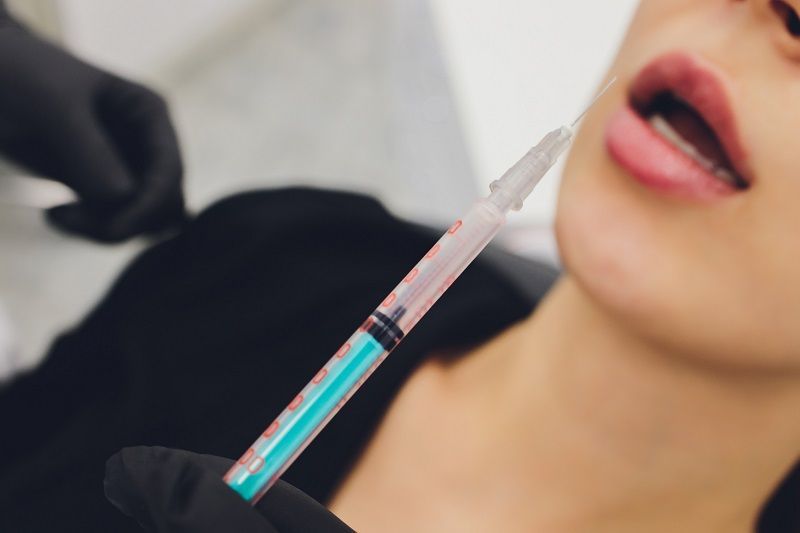The Mindful Approach to Choosing IV Sedation
- By Mary Marks
- •
- 29 Jan, 2024
- •

Are you feeling a bit uneasy about your upcoming dental procedure that involves IV sedation? You're not alone, as many people share similar concerns. However, understanding the process can help ease those anxieties and adopting an awareness-focused approach on what you should expect when it comes to IV Denver sedation dentistry can really help you out.
IV sedation, or intravenous sedation, is a safe and effective method used by dentists to help patients relax during dental procedures. A qualified anesthesiologist administers the sedative through a vein, ensuring a controlled and monitored state of relaxation.
Before the dental procedure, your dentist will conduct a thorough examination of your medical history to ensure IV sedation is the right choice for you. It's often crucial to follow any pre-sedation guidelines provided by your dental team, such as fasting before the appointment, since failing to do so could adversely affect the sedation process.
Once you arrive at the dental office, a qualified professional will insert a small needle into your vein. You'll begin to feel relaxed and may even drift into a light sleep. Throughout the procedure, the dental team will closely monitor your vital signs to ensure your safety.
After the procedure, the effects of IV sedation will gradually wear off. However, it's essential to make prior arrangements for someone to drive you home, as you may still feel a bit groggy. Follow any post-sedation instructions provided by your dentist as well, to ensure a smooth recovery and to secure your safety – such as by avoiding anything dangerous like operating heavy machinery or walking home on your own.





Although oral sedation dentistry Highlands Ranch is one of the optionsavailable for managing anxiety and discomfort during oral surgery, you certainly do not need to use it all the time. As a matter of fact, the exact type of sedation or anesthesia that you receive during oral procedures may depend on various factors, such as the complexity of the procedure, your medical problems, as well as your doctor’s preferences.
There can be several different levels of sedation that can be used in oral surgery. Local anesthesia is one of them. This involves injecting anesthetic medication into the specific area where the surgery will take place. It numbs the area and is often used for less invasive procedures.
Oral sedation involves taking medication in the form of a pill to induce a state of relaxation and drowsiness. The patient is still conscious, but he/she may not be fully aware of the procedure. At any rate, sedation helps him/her get rid of anxiety.
In the case of intravenous sedation, medication is administered through a vein, which induces a deeper state of sedation than oral sedation. Patients may still be conscious, but they are less aware of their surroundings and may not remember the procedure.





